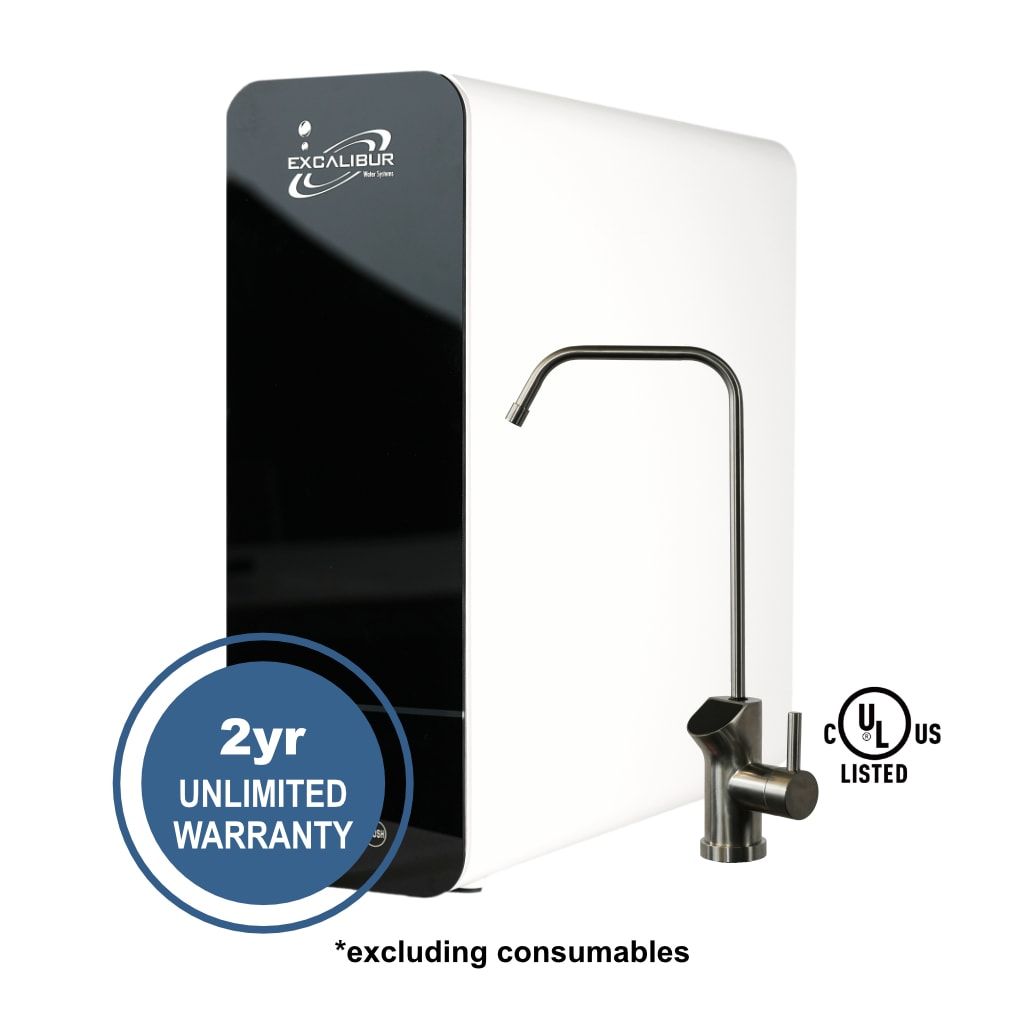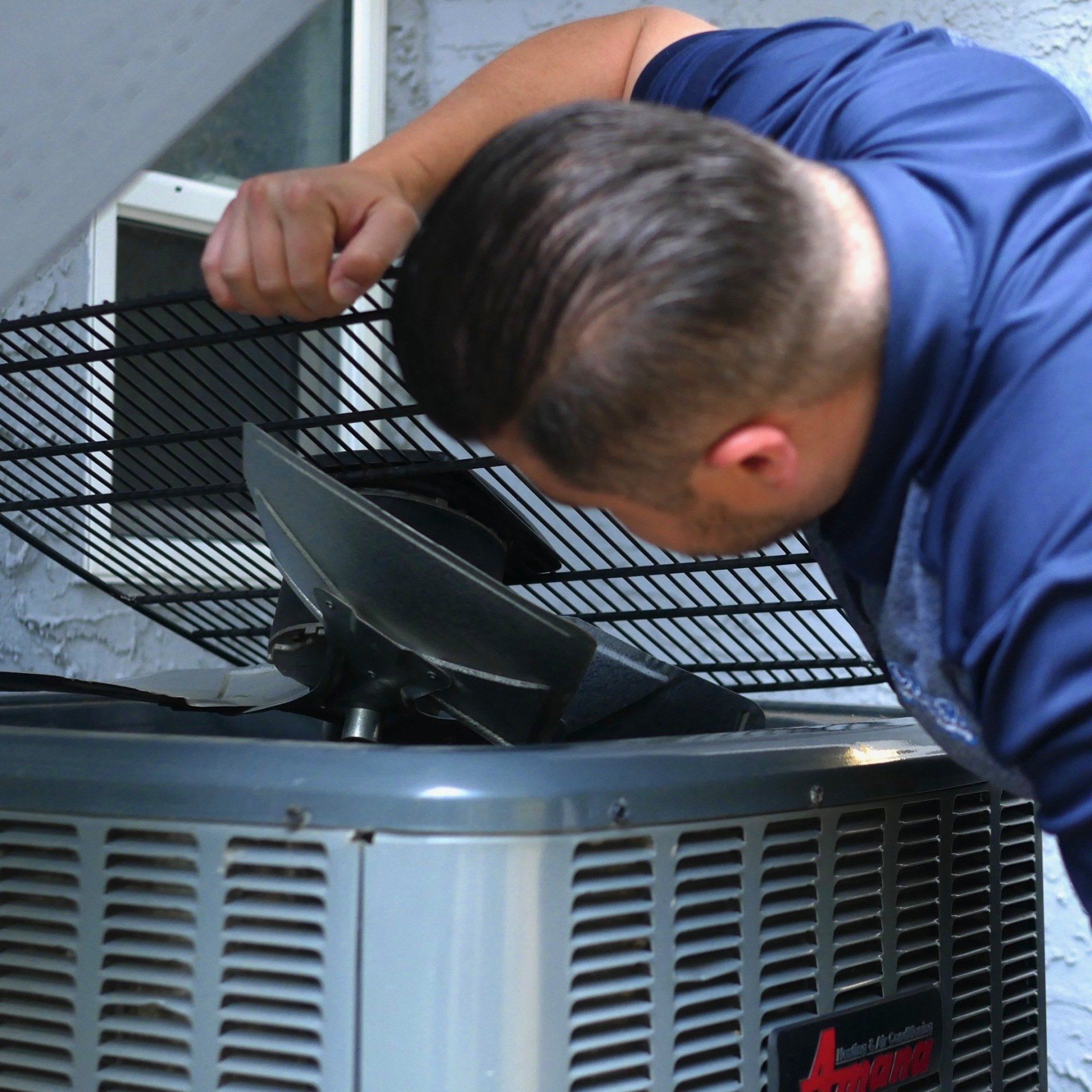Knowing When to Replace Your Hot Water Tank
How do You Know When to Replace Your Hot Water Tank?
Few things are as essential to daily comfort as reliable hot water. Whether you’re showering, washing dishes, or doing laundry, your hot water tank plays a crucial role behind the scenes. But like any major appliance, a hot water heater doesn’t last forever. If your unit is starting to show its age, you may be wondering whether it’s smarter to repair or replace it. Recognizing the signs early can help you avoid cold showers, rising energy bills, or even worse, costly water damage.
So, how do you know when to replace hot water tank before it fails? Let’s explore what you should watch for and why timely water heater replacement is a smart investment.

Understanding the Lifespan of a Water Heater
Most tank heaters, whether electric or gas fueled, have an average lifespan of 8 to 12 years. If your water heater is getting close to that 10-year mark, it’s time to pay closer attention. A well-maintained heater typically lasts longer, but even the best-kept units will eventually need to be replaced.
Checking the age of your tank is simple: look for the manufacturer’s label on the tank. If your heater is more than 10 years old, then it's time to start thinking about a new installation. It’s also worth noting that tankless water heaters can last longer, often up to 20 years with regular maintenance, making them an appealing option when it’s time to replace the old one.
Signs That Your Hot Water Tank Needs to Be Replaced
Homeowners often ask, "Should I repair or replace?" One clear sign that your heater needs to be replaced is inconsistent hot water. If you don’t have enough hot water for everyone in the household, or the water isn’t as hot as it used to be, it may signal trouble with the heating element or other internal components.
Rusty water, discolored or smelly water, or leaks are all red flags. Corrosion inside the tank or around the gas valve often means your tank’s structural integrity is compromised. Sometimes, a faulty heating element on an electric heater can cause issues, but if multiple problems crop up, it may be more cost-effective to replace the unit entirely.
Strange noises are another clue. A banging or rumbling sound often points to sediment buildup inside the tank. Over time, sediment hardens and reduces efficiency, shortening the life of water heating system. While you can flush the tank regularly to prevent this, if sediment buildup is already severe, your heater may be on borrowed time.
The Cost of Holding Onto an Old Water Heater
You might be tempted to hold off on replacement, especially if your unit still works. But sticking with an aging tank can backfire. An old water heater typically uses more energy to heat the same amount of water, driving up your utility bills. And there’s always the risk of a sudden failure, which often results in not just the inconvenience of no hot water, but also expensive water damage repairs.
When deciding whether to repair it or get a new water heater, consider the costs. If the water heater repair cost approaches half the price of a new system, most experts agree it’s time to replace a water heater. Upgrading to a new system, especially a high-efficiency model, will save money in the long run through better energy performance.
Choosing the Right Water Heater for Your Home
If you’ve decided it’s time to replace your old unit, you’ll need to choose which model suits you best now. A traditional tank water heater stores a set amount of hot water, while a tankless system heats water on demand, providing a continuous supply. A system with hot water on demand can last up to 20 years and may be a smart upgrade if you're looking for long-term value.
When selecting a new water heating system, talk to your contractor about your families present needs. The number of people living in your home now may have changed since last time a hot water tank was installed.
Don't Wait Until It's Too Late
Knowing when to replace the old tank is important if you want to avoid an unexpected hassle. If your water heater is more than 10 years old, showing signs of wear, or causing issues like insufficient hot water, it’s probably time to replace it before it fails completely.
Staying ahead of problems with regular maintenance and understanding the life expectancy of the system in your home can extend the unit’s service life. But when the signs are clear, don’t hesitate to make the switch. A new hot water tank brings peace of mind, better efficiency, and the comfort of knowing your home’s hot water needs are covered. Call us any time for a free consultation.













